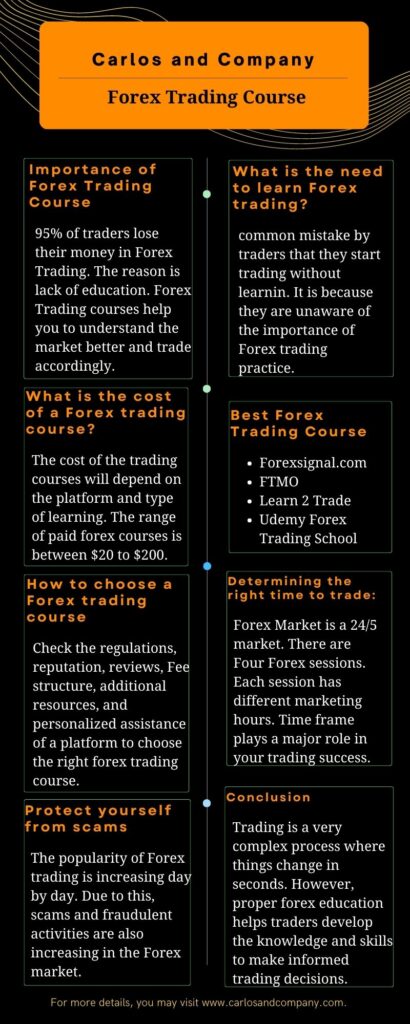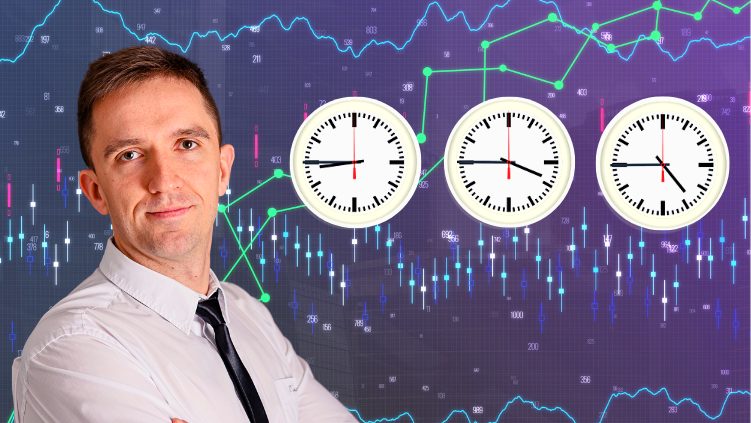Comprehending the Basics of Money Exchange in Today's Global Market
In an increasingly interconnected international economic situation, grasping the fundamentals of money exchange is vital for stakeholders throughout numerous fields. As main banks apply influence and technological innovations reshape money trading, the effects for global commerce are far-ranging.
The Fundamentals of Currency Exchange
Money exchange is a basic facet of the international economy, facilitating worldwide profession and investment. It includes the conversion of one money right into another and is necessary for organizations, federal governments, and individuals who engage in cross-border deals. The money exchange process happens in the international exchange market (Forex), which is the largest and most fluid monetary market on the planet, running 1 day a day, five days a week.
At its core, money exchange is driven by supply and need characteristics. Money are traded in pairs, such as EUR/USD or GBP/JPY, and the currency exchange rate in between them shows how much one currency is worth in terms of another. This rate rises and fall constantly because of trade circulations, funding activities, and various other market activities.
Individuals in the Foreign exchange market variety from huge banks and multinational companies to private investors and tourists. Each individual might have various objectives, such as hedging against exchange rate danger, hypothesizing on currency activities, or assisting in global purchases. Recognizing the essentials of money exchange is vital for making educated choices in the international market, as exchange prices can considerably affect the price of goods and solutions, financial investment returns, and financial stability.
Variables Influencing Exchange Fees
Currency exchange rate are shaped by an intricate interplay of different economic elements, reflecting the family member strength and stability of national economic climates. Key amongst these aspects is interest price differentials. Greater rate of interest use lenders better returns about various other countries, drawing in more foreign funding and causing the currency to appreciate. On the other hand, rising cost of living prices play a crucial duty; money in countries with lower inflation rates tend to value as purchasing power increases about higher-inflation economic climates.
Furthermore, profession equilibriums affect money worth. A nation with a substantial trade excess typically sees its currency value due to raised foreign demand for its goods and services, while a profession deficiency can compromise the currency.
Political stability and economic efficiency are critical too; countries viewed as low-risk locations for financial investment often tend to see their money value. forex trading course. Market supposition can also drive currency exchange rate changes, as investors expect future activities based upon existing financial indications and geopolitical occasions. These variables jointly add to the vibrant nature of exchange prices in the global market
The Duty of Central Financial Institutions

Reserve banks also take part in fx interventions to correct too much volatility or misalignments in currency exchange rate. These interventions may involve acquiring or offering international money to preserve a preferred currency exchange rate degree. Additionally, reserve banks hold substantial fx gets, which can be deployed strategically to sustain their currency.

Innovation and Money Trading
While main banks shape the overarching landscape of money exchange, technological improvements have changed the mechanics of currency trading itself. The expansion of digital systems has equalized accessibility to international exchange markets, enabling private investors to get involved alongside institutional financiers. On-line trading systems, equipped with real-time data and analytical tools, assist in notified decision-making and have actually added to increased market liquidity.
Algorithmic trading, powered by sophisticated software application, has reinvented the rate and effectiveness of money trading. Algorithms execute professions based on predefined requirements, lessening human treatment and minimizing the time navigate to this website needed to utilize on market motions.
Cryptocurrencies, underpinned by blockchain, have presented a brand-new dimension to money trading, motivating market participants to adapt to an advancing financial environment. As modern technology continues to advance, its influence on currency trading will likely deepen, forming future market characteristics - forex trading course.
Effect On Global Trade
In the interconnected landscape of global profession, currency exchange plays an essential duty in shaping financial connections in between countries. A solid currency can make a nation's exports a lot more costly and less attractive on the global stage, potentially lowering market share.
Currency changes can also result in economic uncertainties, making complex long-lasting planning for international companies. Businesses commonly hedge versus these dangers via monetary instruments to stabilize prices and revenues. Exchange rates influence foreign direct financial investment (FDI) decisions, as investors look for desirable problems to take full advantage of returns, influencing capital moves across borders.
Furthermore, federal governments make every effort to keep steady currency exchange rate to cultivate foreseeable trading problems, often interfering in foreign exchange markets to achieve financial objectives. Reserve banks might change rate of interest or execute financial plans to influence currency toughness, consequently impacting trade dynamics.
Verdict
An extensive grip of currency exchange principles is critical for why not try these out browsing the complexities of the international market. Exchange rates, shaped by rate of interest prices, rising cost of living, and financial development, are essential in figuring out money appraisals.
Comments on “A Detailed Forex Trading Course for New Traders and Capitalists”